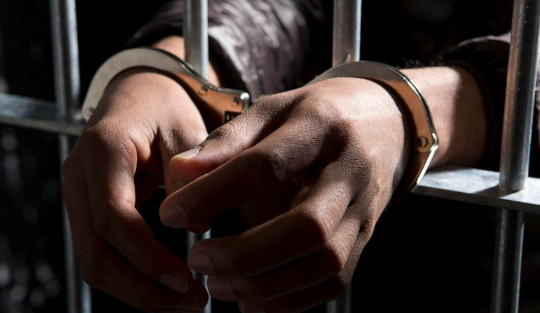On October 3, Turkish law enforcement took into custody a minimum of 67 individuals across the country in a major operation aimed at individuals associated with Kurdish insurgents. This action followed a suicide bombing incident in Istanbul.
During a media briefing, Turkey’s Interior Minister, Ali Yerlikaya, revealed that authorities conducted multiple operations in almost 20 provinces within Turkey. He also mentioned that the police apprehended 55 individuals who were under suspicion of collaborating with the banned intelligence network of the Kurdistan Workers’ Party.
Following the press conference, Yerlikaya announced on his Twitter account that Turkish authorities had arrested 12 more individuals connected to the same organization in a separate operation across five provinces. The Kurdistan Workers’ Party (PKK), engaged in a long-standing insurgency in Turkey, is recognized as a terrorist group by the European Union and the United States due to its involvement in unlawful activities within Turkey. Reports suggest a significant loss of life, with tens of thousands of casualties since the conflict began in 1984.
On October 1st, a suicide bomber attacked the entrance of the Interior Ministry in Istanbul just before President Recep Erdogan’s scheduled congressional address following the summer recess. Reports indicate that a second suicide bomber was stopped by Turkish authorities, preventing another attack. Two police officers were injured in the incident. The suspects arrived at the scene in a stolen vehicle, taken from a veterinarian who was tragically killed by the terrorists with a gunshot to the head.
The PKK promptly admitted to carrying out the terrorist attacks. In retaliation, the Turkish Air Force conducted airstrikes on multiple PKK locations in the northern region of Iraq. Turkey’s Defense Ministry, in an official statement, reported that a significant number of PKK members were eliminated as a result of these airstrikes.








